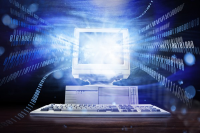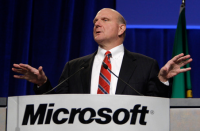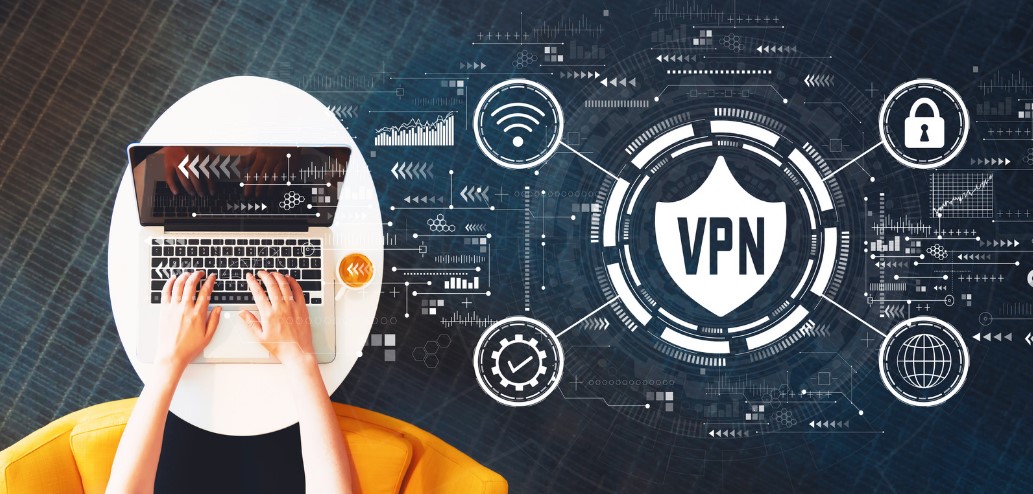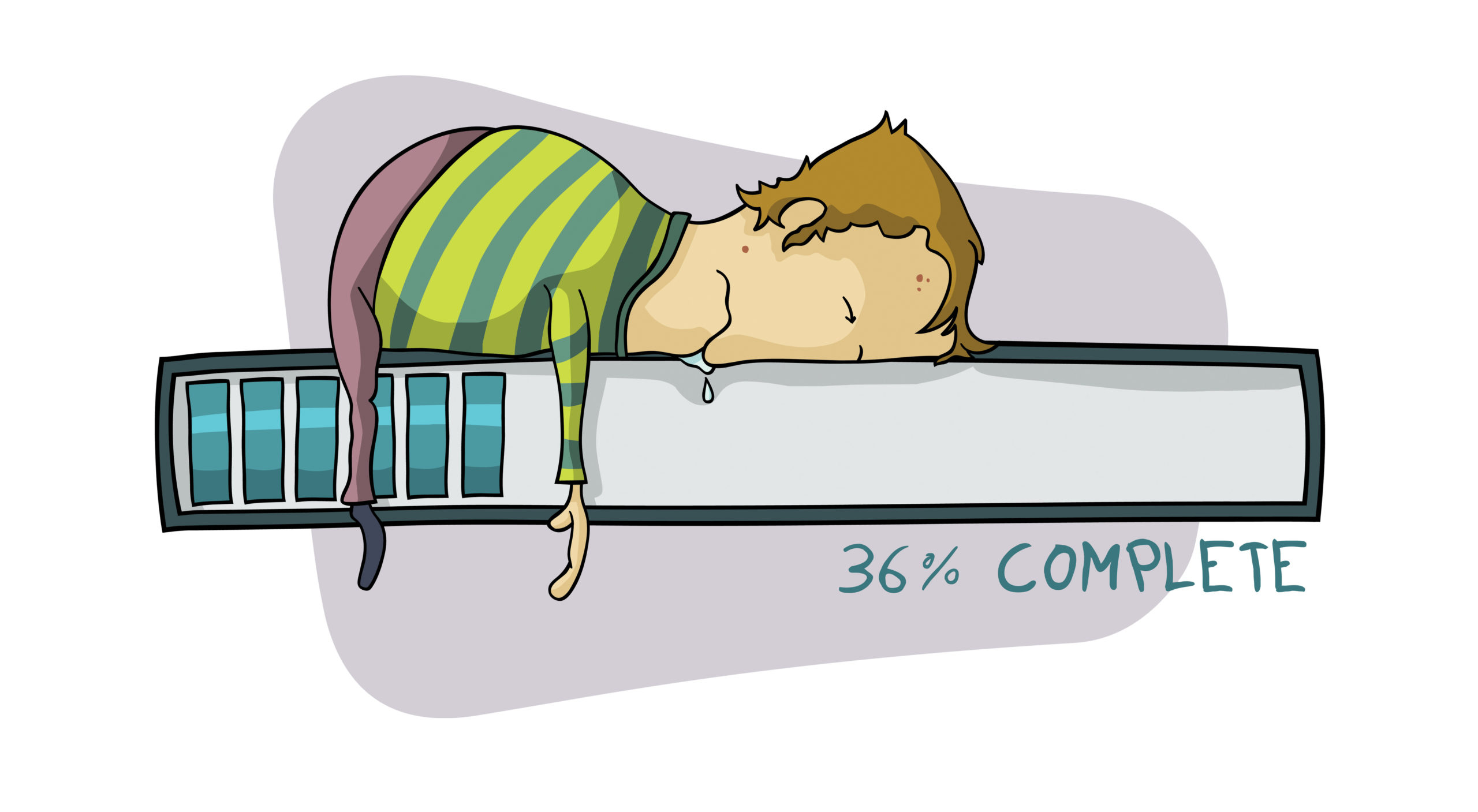The Computer Revolution is Not Over
By Rob Cheng
 The concept of making computer power affordable and easy to use has changed the human race as we know it. To be able to compute, create, and learn wherever and whenever, creates a certain freedom that we humans have never experienced. The computer, together with the Internet, has forced us to reconsider many of the important paradigms in our society, such as the role that media plays in our lives, the role of television, as well as constructs such as the copy machine, the audio CD and so on. But if you look at the behaviors of Dell, Microsoft, and HP, one would think that the revolution is over. No way. It has only just begun.
The concept of making computer power affordable and easy to use has changed the human race as we know it. To be able to compute, create, and learn wherever and whenever, creates a certain freedom that we humans have never experienced. The computer, together with the Internet, has forced us to reconsider many of the important paradigms in our society, such as the role that media plays in our lives, the role of television, as well as constructs such as the copy machine, the audio CD and so on. But if you look at the behaviors of Dell, Microsoft, and HP, one would think that the revolution is over. No way. It has only just begun.
The revolution will be televised as the computer allows us to create and distribute our own content more cost efficiently and of equal or higher quality than we get from our overpriced cable-satellite distribution systems. But there is still much more to do. Bill Gates recently said that robotics are the future. That seems like a certainty, but how do we get there? For a robot to be effective, it must be aware of its surroundings in many dimensions. It will be the computer with its ample processor, disk, and memory, that will allow computers to be aware of its surroundings. When you are at your computer, but not typing or mousing, the computer is unaware that you are there. Once the computer becomes aware of it surroundings, it will usher in a whole new generation of communication and productivity not to be found on phones and tablets.
But there is much more to the computer revolution. Have you ever been stopped at a red light, and there is no one coming in the other direction? The problem is that the traffic light is unaware of its surroundings. If there were a policeman there instead of the traffic light, then of course he would let you go through, but the traffic light is 1) not aware of its surroundings and 2) not smart enough to interpret this information in an intelligent way.
 Look at this photo. Most of you will see Steve Ballmer in front of a Microsoft lectern giving a speech. The problem is that a computer can see none of that. In a recent development, a computer can now recognize that there is a person in an image by using face recognition technology. Once it recognizes a face, the computer is then instructed to ask us humans to indentify the face. Although the computer can recognize that there is a face in an image, with current technology the computer can’t even read the Microsoft logo nor discern that the person is bald.
Look at this photo. Most of you will see Steve Ballmer in front of a Microsoft lectern giving a speech. The problem is that a computer can see none of that. In a recent development, a computer can now recognize that there is a person in an image by using face recognition technology. Once it recognizes a face, the computer is then instructed to ask us humans to indentify the face. Although the computer can recognize that there is a face in an image, with current technology the computer can’t even read the Microsoft logo nor discern that the person is bald.
With the advent of high quality cameras in cell phones, the affordabilty of digital cameras, and the ubiquity of security cameras, we are taking photos and videos at an unprecedented rate. It will be the computer that will drive the future technologies that will make it so a stop light doesn’t keep us waiting unnecessarily without risking public safety.
There is the world of video. A friend of mine is a soccer coach, and he takes videos of his players, looking for subtle things that they can do to gain an edge on game day. He asked me whether there was software that could do this. The answer is no, but it dawned on me how far we are from reality. The computer is unaware that the video is taken outside, that there are players on the field, or even that there is a ball involved. This will all happen, and the computer will drive it and it will make the world a better place.
But video is not the end game, since video is essentially a 2D replication of the 3D world. This is the key to the smart traffic light. How can we look at 2D video and make intelligent decisions of a 3D world? 3D printers seem to be the rage, but there is a far more important technology on the horizon and that is the 3D scanner. I’m not talking about those stupid TSA body scanner at the airport but an actual scanner that will allow us to make or modify a 3D image and then make a replica. We the people will be the producers, and we will not need to go to Walmart to buy something that is made in China. We will just make it at our house exactly to our specification and at a fraction of the cost.
The computer revolution is not dead. It is not over, it is dormant. Microsoft lost a billion dollars on their entry into tablets, and we can only speculate how much they will lose on smart phones, but after that, they can get back to writing great software that will change the world. I can’t wait!




